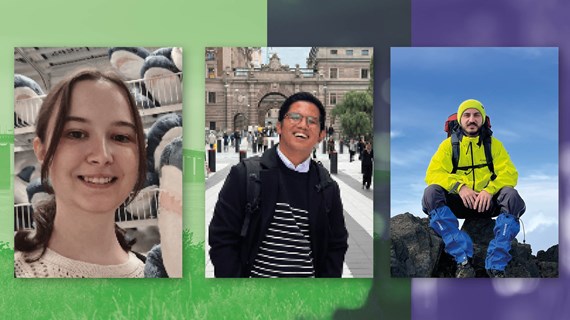Autumn 2025 - Semester 1
- Leadership and Organisation: Societal Challenges - Perspectives on Leading and Organising (OL671E), 15 credits
- Leadership and Organisation: Societal Changes - Power and Resistance (OL672E), 15 credits
Spring 2026 - Semester 2
- Leadership and Organisation: Critical Perspectives on Leadership and Organisation (OL673E), 15 credits
- Leadership and Organisation: Research Methods in Leadership and Organisation (OL674E), 15 credits
Autumn 2026 - Semester 3
Semester 3: Elective courses at the Department of Urban Studies, Malmö University, other Swedish universities or abroad (i.e exchange studies). Possibility for research internship







